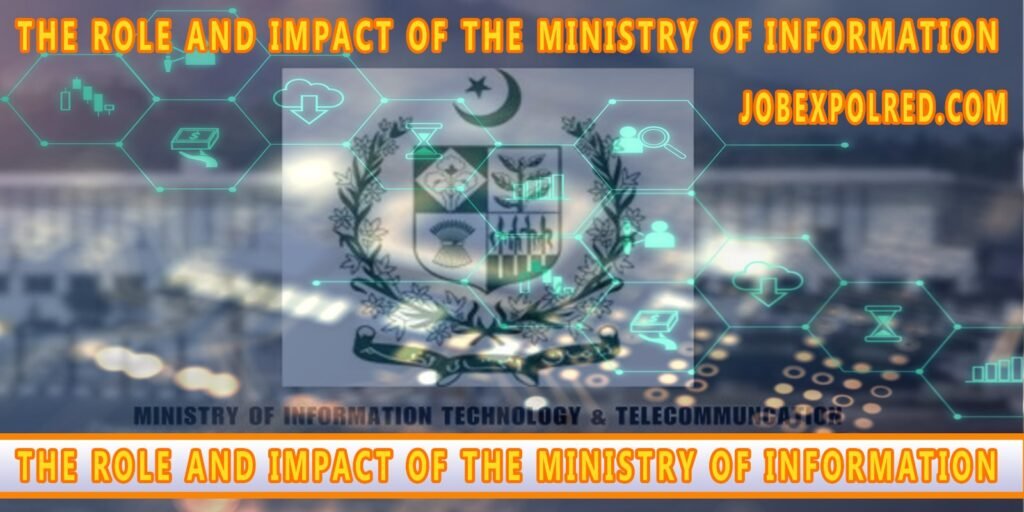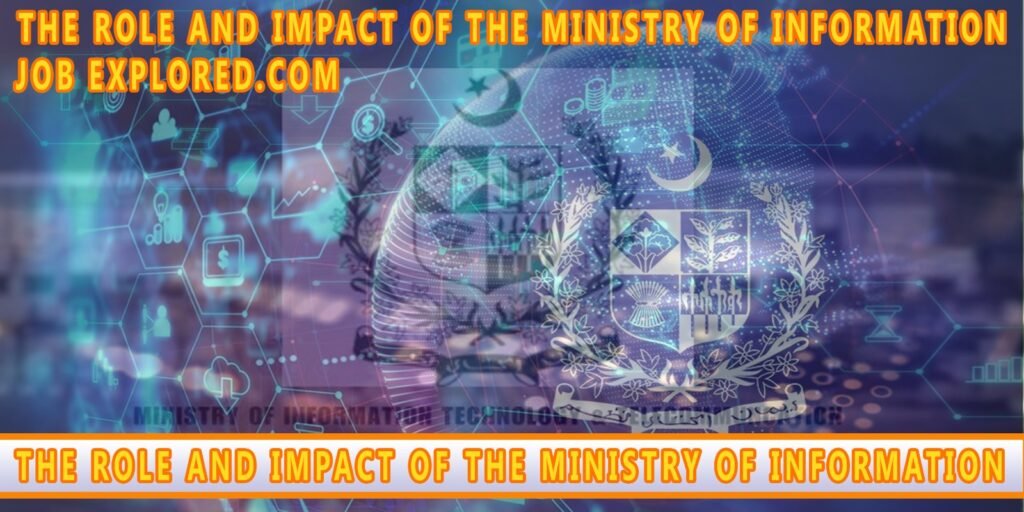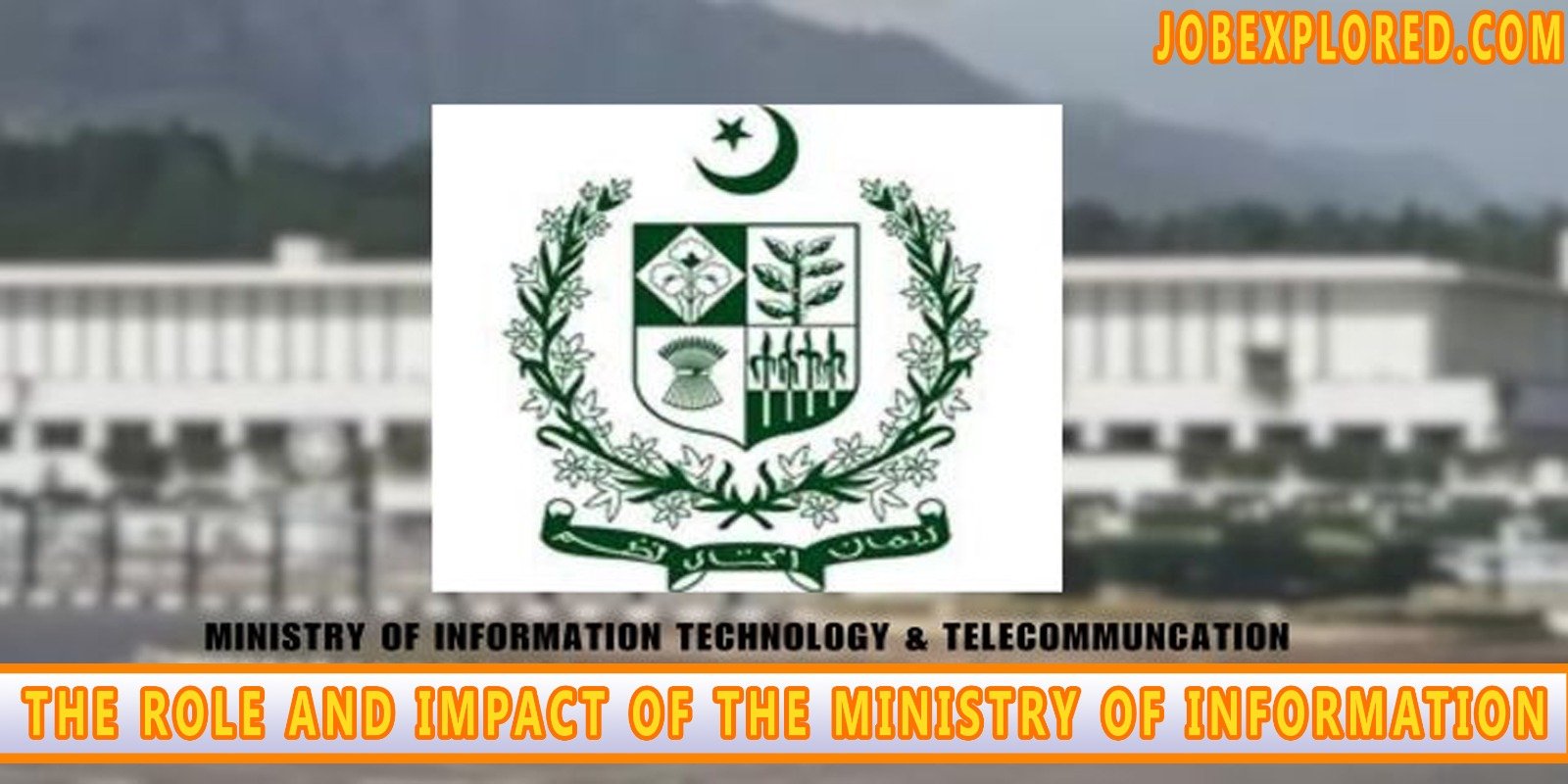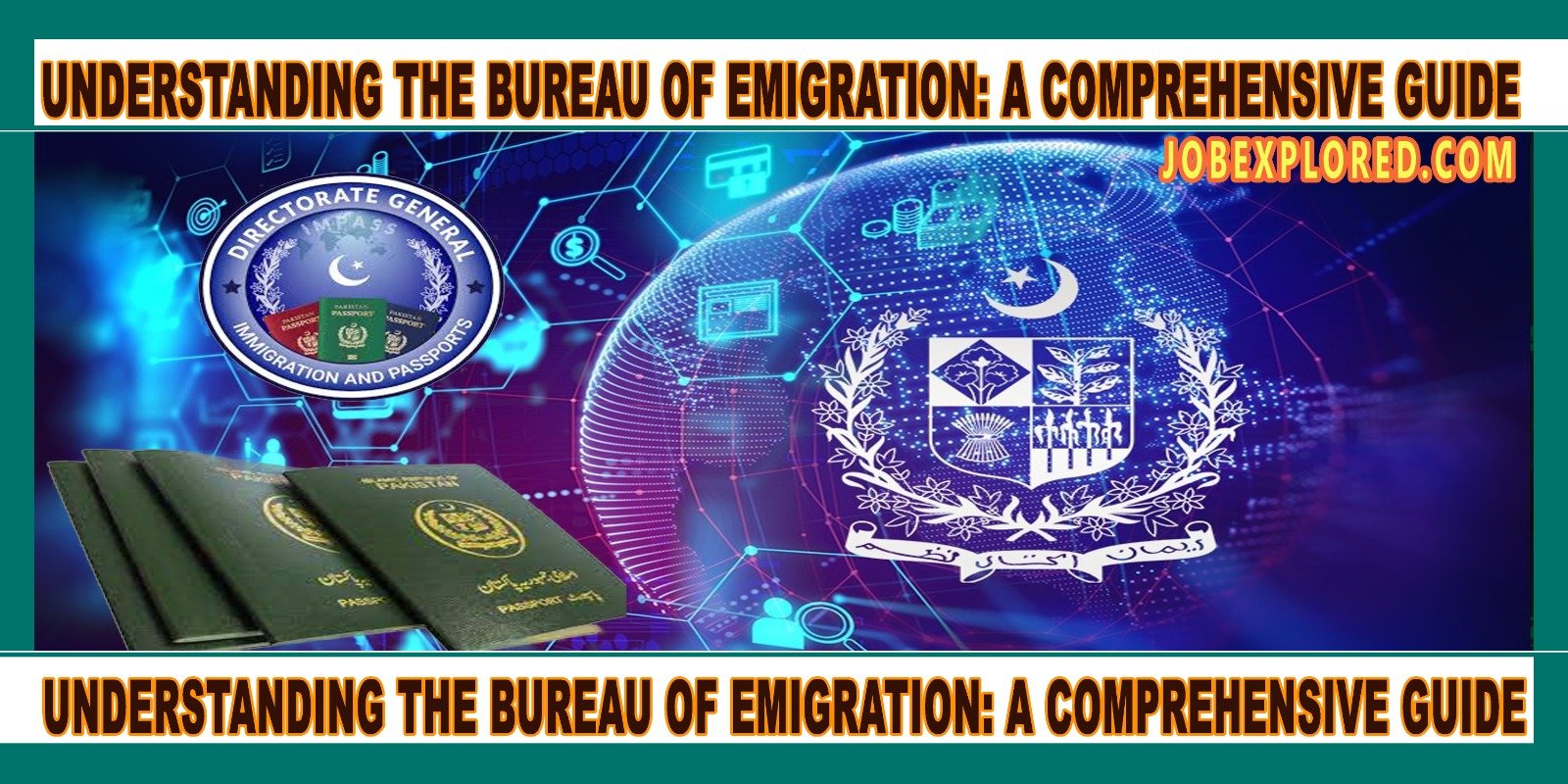Introduction to the Ministry of Information
The Ministry of Information serves as a pivotal institution within government structures globally, with its primary purpose being the management and dissemination of information.
Typically, the ministry is tasked with formulating public communication policies that promote transparency and facilitate the flow of information between the government and the public.
Historically, such ministries have evolved in tandem with societal changes and technological advancements, reflecting the need for effective communication strategies in a rapidly changing world.
Founded in various forms throughout different nations, the Ministry of Information has roots that can be traced back to the early days of state governance when the need for information control became evident.
In many cases, these ministries emerged as mechanisms to foster national identity and cohesion, particularly during times of conflict or significant political change. Over the years, as democracies and governance models have matured, their roles have expanded.
They now play a crucial part in managing media relations, overseeing public broadcasting, and ensuring accurate reporting on government activities.
The functions of the Mi of encompass several critical areas. It is responsible for not only crafting the narrative around government policy and initiatives but also ensuring that such information is accessible to various audiences.
This includes formulating strategies for engaging with the media, handling press releases, and conducting public awareness campaigns.
Additionally, the ministry often collaborates with international agencies to promote cultural diplomacy and share the nation’s values on the global stage. In essence, the Ministry of Information plays a fundamental role in shaping how citizens and the world perceive the government’s actions and policies.
Key Responsibilities and Functions
The Ministry of Information plays a crucial role in shaping the communication landscape within a nation. One of its primary responsibilities is media regulation, ensuring that the media operates within the legal and ethical frameworks established by the government.
This involves monitoring media content, enforcing standards, and promoting responsible journalism. By implementing regulations, the ministry aims to safeguard the public interest while fostering a dynamic media environment that encourages diverse perspectives.
Another significant function of the Ministry of Information is the development of communication strategies that facilitate effective public discourse. These strategies are crafted to educate and inform citizens about government policies, programs, and initiatives. The mi utilizes various channels, including digital platforms, traditional media, and community outreach, to disseminate information effectively. This proactive approach not only strengthens government-citizen engagement but also promotes transparency and accountability in public administration.
Additionally, public relations management is an essential responsibility of the Ministry of Information. It serves as a liaison between the government and the general populace, ensuring that the information communicated is accurate and accessible.
This task often includes crisis communication management, where the minis must respond swiftly and effectively to misinformation or public concerns. The integration of feedback mechanisms also allows the ministry to adapt its messaging and strategies based on public sentiment.
Collaboration with other government agencies, the media, and civil society is essential for the Ministry of Information to fulfil its mandate.
By working alongside various stakeholders, it ensures that information dissemination is cohesive and reaches a broad audience. This collaboration is vital in fostering a transparent communication environment, where citizens feel informed and empowered to engage in democratic processes.

The Ministry of Information in the Digital Age
In today’s rapidly evolving digital landscape, the Ministry of Information has had to make significant adjustments to remain relevant and effective in its communication strategies.
This transition to online platforms has fundamentally reshaped how government bodies disseminate information and engage with the public.
Traditionally, the ministry relied on print and broadcast media, but as digital technology increasingly permeated everyday life, the focus shifted towards leveraging the internet, websites, and social media channels to reach wider audiences.
Social media platforms, in particular, have revolutionized information dissemination.
The Ministry of Information utilizes platforms such as Twitter, Facebook, and Instagram to provide real-time updates, announcements, and educational content.
By doing so, they can engage directly with citizens, receive feedback, and foster discourse on various issues. This immediacy and interactivity has created a more dynamic relationship between the government and the populace, allowing for a continuous flow of information that was previously unimaginable.
However, this transition has not come without challenges. The rise of misinformation and disinformation presents a significant obstacle for the Ministry of Information.
The ease with which false information spreads on social media has made it imperative for the ministry to develop robust strategies to identify and counteract misleading narratives.
Education and media literacy initiatives are vital, empowering citizens to critically assess the information they consume. Additionally, the ministry must collaborate with technology companies to develop effective measures for flagging and removing false content, thereby upholding the integrity of information shared online.
Overall, the Ministry of Information’s adaptation to the digital age signifies its commitment to enhancing communication and transparency while confronting the challenges that come with a digitally connected society. As technology continues to advance, the ministry will need to evolve further, ensuring its effectiveness and relevance in an increasingly complex information environment.

Case Studies and Impact Analysis
The examination of the Ministry of Information’s policies reveals varied outcomes across different countries, with notable examples highlighting both effective strategies and significant challenges.
One illustrative case is that of Singapore, where the Ministry has leveraged digital communication to foster national unity and resilience during crises.
The Digital Government Blueprint exemplifies proactive measures, such as engaging the public through social media platforms and apps.
The effectiveness of these initiatives is evident in the high levels of public trust in government communications during the COVID-19 pandemic, showcasing how transparent and timely information can enhance community solidarity.













Leave a Reply